Table of Contents
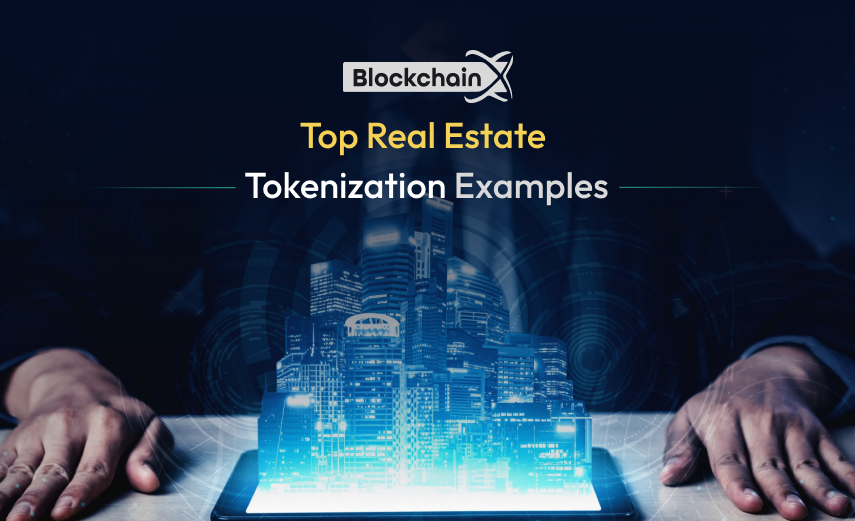

Top 10 Real Estate Tokenization Examples in 2025
Listen to the Audio :
Real estate Tokenization is changing the way we buy, sell and invest in real estate. Through the conversion of physical real estate into blockchain-based digital tokens, investors can now access global possibilities, increased liquidity and fractional ownership all while reducing entry barriers.
This innovative method is already in use all around the world and is no longer simply an idea. Real estate tokenization services continue to grow from residential properties in Europe to luxurious hotels in New York.
This blog goes over some of the most noteworthy real estate tokenization examples that show how tokenization is changing the real estate market along with the takeaways that investors and real estate enthusiasts can take away from them.
Are Real Estate Investments Changing?
Investments in real estate are changing with the help of modern technologies.
In the past, buying real estate required a significant financial investment and complex paperwork.
Tokenization of real estate using blockchain is currently changing the way users make real estate investments.
Rather than buying the whole property, investors can buy small portions of it.
As a result, real estate becomes more accessible to everybody lowering the entry barrier.
Digital tokens representing property shares can be easily exchanged just like equities.
It's a faster, more visible, more frequent and more economical process.
Both small and major investors are finding opportunities throughout the world as a result of these developments
Compared to earlier periods, real estate is becoming more inclusive, adaptable and liquid
Why Real-World Examples Matter in Real Estate Tokenization
Prove its Real
Examples from the real world show that endeavors to tokenize real estate are more than simply concepts. The use of this technology in real properties shows that tokenization is an effective choice for modern real estate investing.
Highlight Real Projects
Real-world examples from projects like hotels and apartments show how tokenization is applied in everyday real estate deals. These projects make it simpler for users to see and trust the concept by explaining how it works from creating tokens to earning rental revenue.
Build Trust
The system gains trust when investors see successful tokenized properties. People are investing their money safely and earning real returns as demonstrated by real-world examples. This encourages more people to explore this new type of investment and helps allay any fears or doubts
Show Benefits Clearly
Tokenized real estate investing is easier, faster and affortable. These advantages such as cost effective entry fees, speedy transactions and global access are made clear with the use of real-world examples. It's easier to understand why it's a better answer when you consider how it benefits others.
Inspire New Investors
Many people believe that only the rich can afford real estate. Real world examples show how anybody can make minimal investments. This encourages new investors to look into tokenized real estate as a viable means of increasing wealth especially those who are young or making their first investment.
Reveal Challenges & Solutions
Real estate tokenization examples not only show achievements but also issues and their resolutions. Other benefits by knowing what to expect, avoiding errors and adhering to best practices. Gaining faith in tokenization as a long-term solution comes from seeing how problems were resolved.
Top 10 Real Estate Tokenization Examples
1. St. Regis Aspen Resort
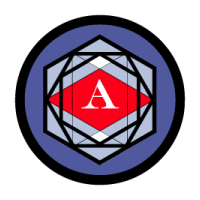
The St. Regis Aspen Resort was one of the first luxury hotels to be tokenized. Investors can buy digital hotel shares via SolidBlock, a platform that uses blockchain technology. This made it possible for investors to buy upscale real estate without buying the entire property. By raising $18 million, the project showed that tokenization can be successful for large and valuable assets in the hospitality sector
2. Red Swan’s Commercial Properties
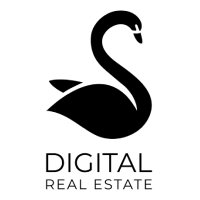
A U.S.-based company called Red Swan tokenized commercial real estate valued at $2.2 billion. In several major U.S. cities, they provided digital shares in office buildings and multi-family housing. This made it possible for investors to buy upscale real estate without buying the entire property. By raising $18 million, the project showed that tokenization can be successful for large and valuable assets in the hospitality sector
3. RealT Properties
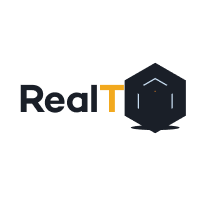
In the United States, RealIT is a best real estate tokenization platform that tokenizes rental properties mostly in Chicago and Detroit. Investors can purchase small real estate holdings and generate rental revenue by using crypto wallets. Each token denotes a certain property’s owner. For regular investors who want to generate passive income without having to manage tenants or own the entire property, RealIT is perfect
4. Brickblock Building, Berlin
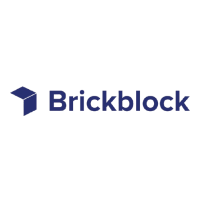
A Berlin apartment complex was tokenized by Brickblock one of the first real estate tokenization projects in Germany. In addition to receiving rental returns, investors can buy tokens connected with this physical asset. The project showed how blockchain improves transparency, saves costs and enables fractional ownership for both local and foreign investors in European real estate.
5. Smartlands – Student Housing, Manchester
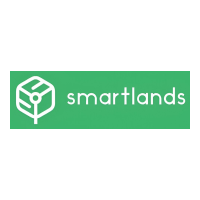
Smartlands tokenized a Manchester student housing. Through this project, investors from all around the world were able to buy blockchain-based property shares. Like typical real estate, rent was paid to investors. It was among the first examples of tokenization being used in the UK showing its potential in the expanding market for student housing
6. Qarat – Dubai Commercial Properties
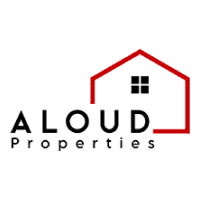
The goal of the UAE-based platform Qarat is to tokenize Dubai’s commercial real estate. It enables investors to buy digital shares in retail and office buildings. Qarat makes it simpler for smaller investors to access Dubai’s real estate market by utilizing blockchain technology. Additionally—the platform wants to make one of the best real estate markets in the world more transparent and facilitate faster transactions.
7. Blockimmo – Swiss Lake Hotel
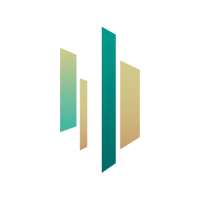
A stunning hotel property next to Lake Lucerne was tokenized by Blockimmo , a Swiss real estate platform, in collaboration with other companies. The idea made it simpler to invest in Swiss real estate by dividing ownership into digital tokens. Additionally, it complied completely with Swiss legislation showing that tokenization can both provide access to premium properties and comply with strict legal constraints.
8. SolidBlock – Global Tokenization Projects
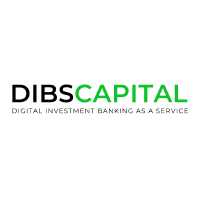
The St. Regis Aspen deal is powered by SolidBlock, a technology that has worked on several projects all over the world. The main objective is to increase the liquidity and accessibility of real estate assets. SolidBlock creates tradeable digital tokens to assist in converting real estate into investable assets. The fact that their system is used for anything from hotels to apartment buildings shows the global potential of real estate tokenization.
9. Propy – Property Sales via Blockchain
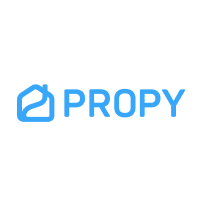
Propy is a blockchain-based real estate platform that makes home buying and selling easier. When they sold a home in the U.S and Europe using just blockchain technology, they made headlines. Propy uses smart contracts to manage the majority of the legal process which speeds up and secures decisions. The worldwide real estate industry is modernized by fusing automation and tokenization.
10. Myco (formerly MYCO Real Estate)
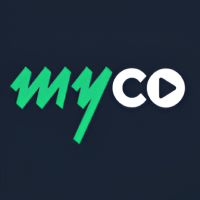
Myco is a platform built in the United States that uses tokenization to enable users to co-own real estate assets. It focuses on vacation houses allowing people to own property shares and benefit from both rental revenue and usage rights. The benefits of lifestyle and financial returns are combined in Myco's business concept. For those who wish to invest in and enjoy real estate, blockchain technology provides greater freedom, transparency and convenience.
Global Trends—Who’s Leading in Real Estate Tokenization?
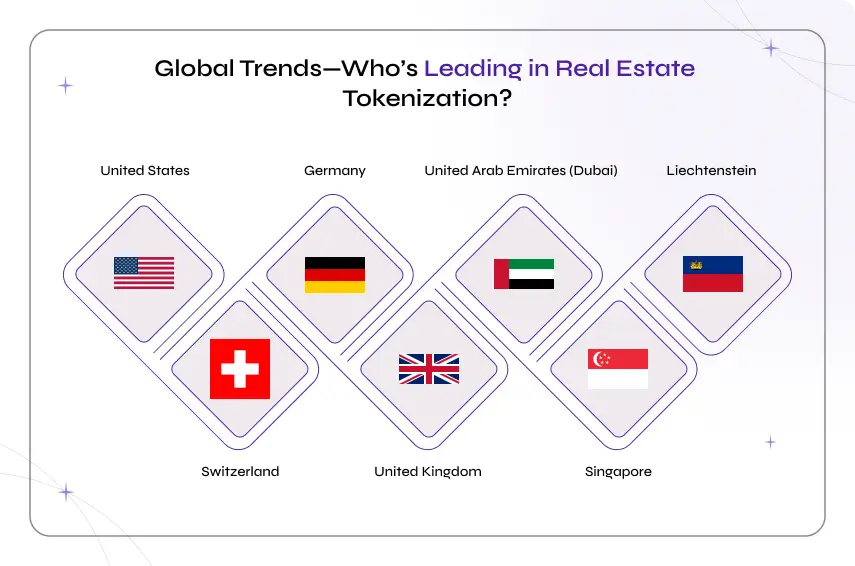

United States
Real estate tokenization examples have been successfully launched by platforms such as SolidBlock, Red Swan and ReaIT
The blockchain and fintech landscape in the United States is strong and encourages real estate innovation.
Real estate is now more accessible since everyday investors can own small portions of properties and earn rental income.
With tokenized real estate emerging as a reliable investment option, institutional and retail interest is growing.
Switzerland
Switzerland supports safe and lawful tokenization projects with its clear regulations on blockchain and tokenized assets.
Swiss platforms like Blockimmo have a solid financial record, attract foreign investors.
Swiss tokenized real estate frequently attracts foreign investors seeking steady profits.
The Swiss Financial Market Supervisory Authority (FINMA) is an avid supporter of blockchain in the real estate industry.
Germany
The Blockchain Berlin in Germany was one of the first real estate tokenization projects.
Due to the huge market for real estate, tokenization provides a new way for small investors to become involved.
For investments in digital real estate, Germany is striving for greater legal stability.
Blockchain and traditional real estate are combined in projects that have gained trust in cities like Berlin.
United Kingdom
In the UK, tokenized student housing and other property types launch platforms such as Smartlands.
International tokenized investment is attracted to real estate in cities like London.
London is a large hub for fintech that propels innovation in tokenization in real estate markets.
Investments in digital real estate are well-founded in the UK’s mature real estate sector.
United Arab Emirates (Dubai)
The goal of Dubai is to make the city blockchain-powered and real estate transactions.
Local platforms such as Qarat provide a range of investment choices by tokenizing commercial property.
Real estate investors globally are welcome in Dubai and tokenization enables access.
The Dubai authorities actively promote blockchain use cases and advancements in digital real estate.
Singapore
Singapore created a transparent and secure legal framework for digital assets and blockchain technology.
Singapore’s tokenized real estate investment attracts investors from all around the Asia-Pacific region
Real estate tokenization is safe and effective through the nations advanced digital platform.
In Singapore, tokenized property models are being explored by several fintech and startup companies.
Liechtenstein
Some rules for tokenized assets are established under the Token and Trusted Technology Service Providers Act (TVTG).
Despite being small, Liechtenstein legal clarity helps greatly with the European tokenization movement.
Blockchain-based real estate investment platforms are supported by its robust financial services industry.
Liechtenstein is viewed by foreign investors as a secure location for regulated investments in digital real estate.
Want to Launch the Next Big Best Real Estate Tokenization Platform?
Understand the Market
Before starting, learn about the main players, investor needs and current trends. You can develop a platform that is unique by knowing what works and what doesn’t. You must understand your target audience and focus on their issues if you want to truly bring value to the market
Choose the Right Technology
Blockchain is the basis of tokenization Choose a scalable, secure blockchain platform that facilitates fast transaction and smart contracts. In addition to helping to save costs and delays in real estate transactions, the right technology ensures your users efficiency, transparency and trust.
Follow Legal and Regulatory Rules
Strict legal restrictions that vary by nation apply to real estate tokenization. Consult legal experts to make sure your platform complies with all laws Building compliance prevents future costly legal problems and foster investor trust
Built a User Friendly Platform
Make your platform user friendly especially for non-technical people. More people are drawn in by easy navigation, clear steps and helpful support. You can attract and retain investors with a positive user experience.
Focus on Security & Transparency
Use strong security features like data encryption and multi-factor authentication. When property management and token issuance processes are transparent and simple to understand, investors can feel more safe and informed Technology helps build trust which is essential in the real estate sector.
Offer Fractional Ownership
Let modest property shares be bought by investors so that more people can sign up with lower amounts. This increases the accessibility and appeal of real estate investing especially for younger or novice investors who can not have the money to buy full properties
Partner with Real Estate Experts
Partner with trusted developers & agents or property managers. These collaborations provide your platform with high credibility and ensure that you are offering quality properties to users. Additionally you can avoid common price, value and operational blunders by having industry experience
Educate Your Users
Provide basic explanations of how tokenized real estate works via guides, videos or FAQs. Through education, users develop trust and learn about the benefits and risks. Better-informed users are more likely to invest and share the word.
Download the PDF : Real Estate Tokenization Examples.pdf
Conclusion
The examples listed above are not only ideas; they are real world projects that show the potential strength and practicality of real estate tokenization. These real estate tokenization examples highlight how tokenization is already altering the way we invest in real estate from luxurious hotels in the US to student housing in the UK and business premises in Dubai
Each project offers worthwhile insights, clear benefits and opportunities that could inspire your next significant step. BlockchainX specialists are here to help you at every stage whether you want to create your own tokenized real estate platform or explore how to move your real estate project onto the blockchain. Get in touch with BlockchainX right now to find out how we can assist you in creating a tokenization platform that is safe, scalable and appealing to investors.





